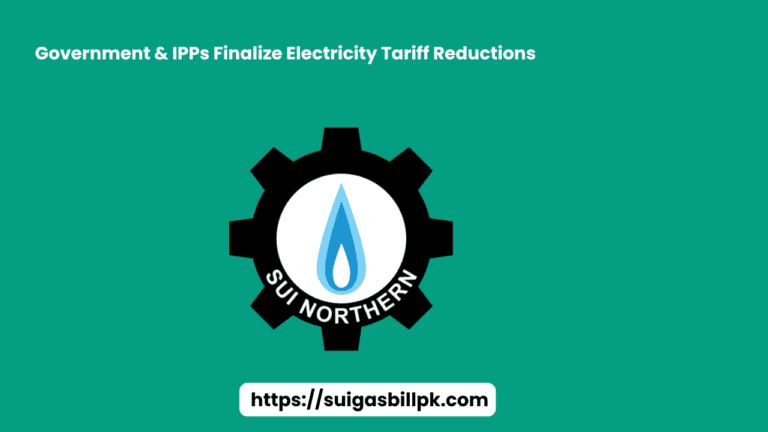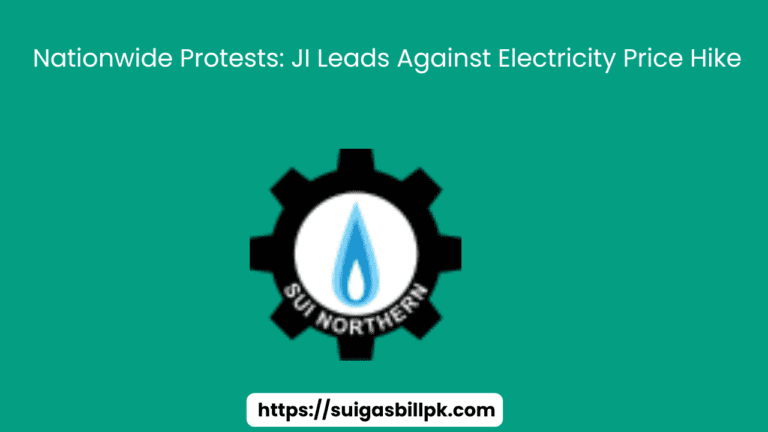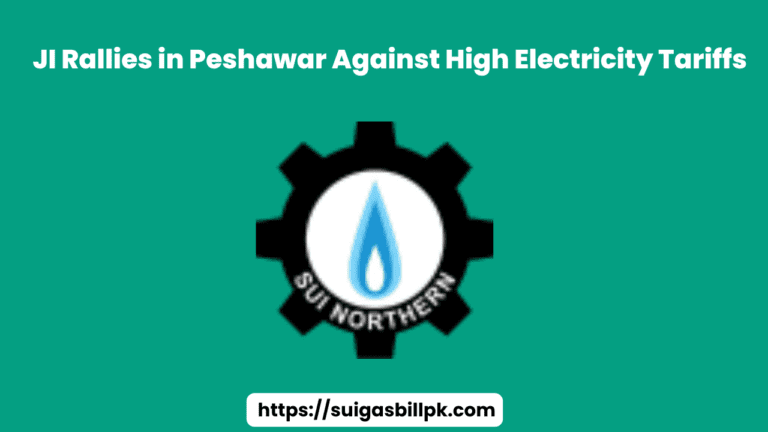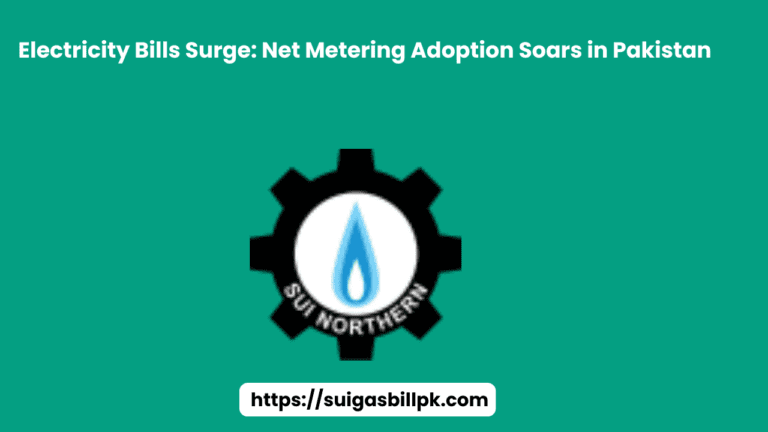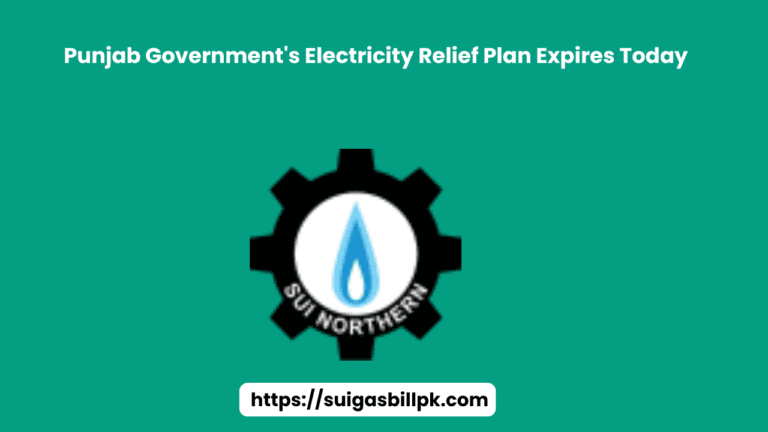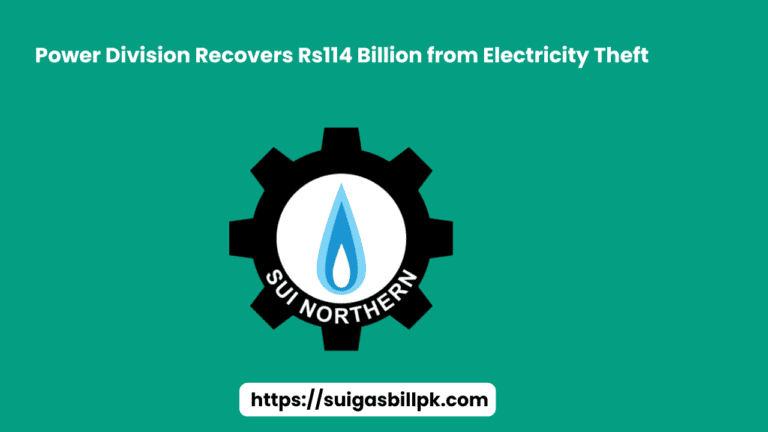Pakistanis Increasingly Shift to Net Metering as Electricity Costs Rise
As electricity costs continue to rise, many Pakistanis are exploring alternative ways to manage their energy expenses. One of the most popular solutions is net metering, which has gained significant momentum across the country. This shift reflects a growing awareness of energy independence and sustainability.
What is Net Metering?
Net metering allows households and businesses to generate their own electricity, primarily using solar panels. When these users produce more electricity than they consume, the excess power flows back to the national grid, giving them credit on future bills. This setup offers dual benefits: it lowers electricity costs and promotes the use of clean, renewable energy.
Why are Pakistanis Shifting to Net Metering?
The rising electricity tariffs and new fixed charges introduced by the government have made traditional electricity less affordable. As families and businesses seek relief from high bills, solar energy and net metering are becoming popular choices.
Recent statistics show that the number of net metering users in Pakistan has grown from 60,000 to 200,000 within a year. The total net metering capacity has also doubled, now reaching 3,000 MW, reflecting the rising demand for solar energy solutions.
Benefits of Net Metering
- Cost Savings: Net metering significantly reduces electricity bills, allowing households to earn credits for excess energy produced.
- Environmental Impact: Solar energy is clean and reduces carbon emissions, helping combat climate change.
- Energy Independence: Net metering gives people the ability to generate their own electricity, making them less dependent on the national grid.
For more updates on energy initiatives, visit Electricity Bill Management.
Challenges Faced by Consumers
While the shift to net metering offers several benefits, it also presents some challenges:
- Lack of Awareness: Many people are still unfamiliar with the installation and workings of net metering, leading to confusion.
- Grid Sustainability: As more consumers switch to solar power, concerns are rising about the stability of the national grid.
- Reverse Metering: The process of sending surplus energy back to the grid, known as reverse metering, can complicate billing and energy distribution.
Managing Utility Bills Efficiently
As households adopt solar energy and net metering, managing other utility bills efficiently becomes essential. Use the Sui Gas Bill Calculator to estimate your gas bills and keep track of payments online.
What Lies Ahead?
The growing adoption of net metering signals a broader transformation in Pakistan’s energy sector. With more households and businesses producing their own electricity, the government may need to revise its agreements with Independent Power Producers (IPPs) to ensure energy stability. This transition also presents an opportunity for Pakistan to reduce its carbon footprint and promote sustainability.
Conclusion
In conclusion, Pakistanis are increasingly turning to net metering to cope with rising electricity costs, paving the way for a more sustainable energy future. While challenges remain, including reverse metering and grid management, the benefits of reduced bills, environmental conservation, and energy independence are clear. As more citizens adopt solar power, the energy landscape in Pakistan is set to evolve, promising a brighter and greener future for all.
Stay updated with the latest developments in energy solutions and other utility services by visiting Sui Gas Bill.
FAQs:
Q1: What is net metering?
A: Net metering is a system that allows users to generate their own electricity, typically through solar panels. Surplus energy is sent back to the grid, and users receive credits on their bills.
Q2: Why are more Pakistanis adopting net metering?
A: Rising electricity tariffs and fixed charges have made traditional energy sources less affordable, prompting many to switch to solar energy and net metering.
Q3: What challenges do consumers face with net metering?
A: Some consumers struggle with understanding the installation process, and reverse metering can complicate billing. There are also concerns about the impact on the national grid.
Q4: How can households manage their utility bills more efficiently?
A: Use tools like the Sui Gas Bill Calculator to monitor and manage energy expenses.
Q5: What does the future hold for energy consumption in Pakistan?
A: As more people adopt solar power and net metering, the government may need to adjust policies with IPPs to maintain grid stability and promote sustainable energy solutions.


